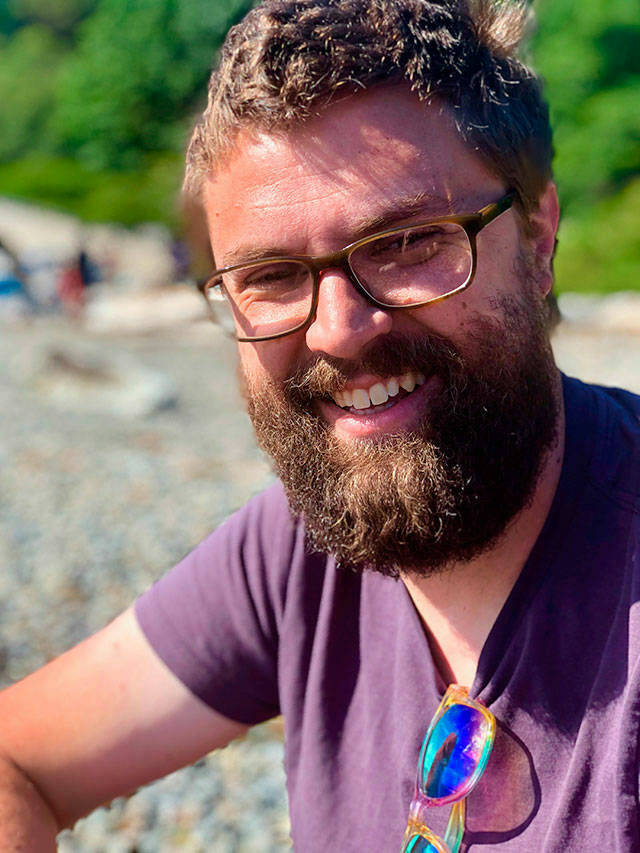I have a natural respect for consistent thinkers.
People who are precise, even systematic, in their reasoning. People for whom, if they wrote something 20 years ago, the train of thought from those words to their mature position today could easily be drawn.
I, of course, am not one of those people.
I was raised in an apolitical home. My parents never said who they voted for. As a pastor, my father never preached about politics. My mother was free with her opinions about politicians as people (she could be quite scathing), but she rarely commented on their policies. My parents were pro-life, but I’m not sure they always voted Republican. My mother, for instance, loved Jimmy Carter. He’s the only candidate I can be pretty sure she voted for, though she technically never said.
Growing up and entering adulthood, this treatment of politics as secondary —even tertiary — was the Christian position, as far as I knew. The great fight for the gospel in the church was to protect the gospel from being hijacked by politics. That was the deadly path the liberal churches had taken, and some dogged conservatives as well. As evangelicals (“gospel people”) we needed to protect the message at all costs. And that message wasn’t Republican or Democrat.
As I’ve gotten older, of course, I’ve learned that being a responsible citizen means being an engaged citizen. It means trying to be knowledgeable about current events and their political implications. It means voting. The Black Lives Matter movement and immigration injustices have shown me the need for a social conscience. The zero-sum game being fought between the LGBTQ community and religious conservatives holds me taut between compassion for my neighbors and fear of being treated as a bigot for my faith.
My precognitive response to social and political issues, I find, is fairly conservative. My conscious decisions tend to be more progressive. And the golden mean of having political views but not being defined by politics has remained my elusive true north.
One thing I have learned, however, is that to be a politically engaged person, I need room to think.
If there is one problem I have with progressivism, for example, it is its totalizing approach. I love the progressive vision of equity, inclusion, progress, and justice. But I have noticed with many progressives I know that, while they may applaud any move I make toward them, they make no corresponding move toward me. My open-mindedness to their ideas is applauded, while interest in my ideas rarely comes up. Anything other than quiet, friendly agreement is met with stress, silence, or judgment. To agree with certain elements of the progressive agenda, while having criticisms of others, is simply to be told —by word or by deed — to “do better.”
On the other hand, I love the value that traditional conservatism places on family, on religion, and on individual responsibility. I resonate with the libertarian ethos of, “You do your thing, and let me do mine.” While I agreed with the need for masks and vaccines, the combination of politics, pressure and public shaming on the left upset me almost as much as the boorishness, and even occasional violence, of the right. Conservatives seem much more willing to let differences be. “You go your way and I’ll go mine.” While I don’t always resonate with the arguments I hear on the right, I resonate with the value it places on freedom.
But, no matter what, I know I need to hear all sides. I need to be able to think. I need to know I can accept one proposal, while rejecting another, without being labeled a monster, a bigot, or a nincompoop. I need to see progressives who can respect where conservatives are coming from. And I need to see conservatives who can appreciate progressive desires, even if they have a problem with the methods. I need to see people who can give each other room to think, room to change, room to be.
Because the alternative, so far as I can see, will be never-ending conflict.
Mike Ivaska is the pastor of Vashon Island Community Church.



